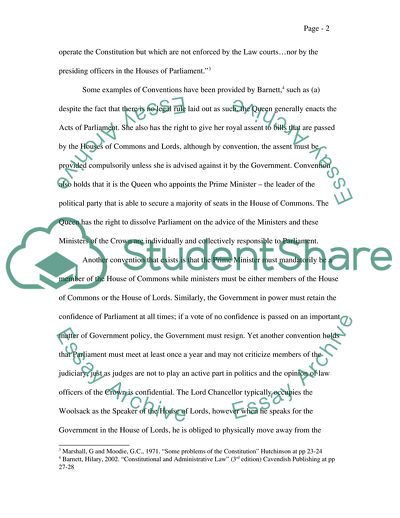Cite this document
(Constitutional Law in the United Kingdom Case Study, n.d.)
Constitutional Law in the United Kingdom Case Study. Retrieved from https://studentshare.org/law/1708873-public-law-administrative-and-constitutional-law
Constitutional Law in the United Kingdom Case Study. Retrieved from https://studentshare.org/law/1708873-public-law-administrative-and-constitutional-law
(Constitutional Law in the United Kingdom Case Study)
Constitutional Law in the United Kingdom Case Study. https://studentshare.org/law/1708873-public-law-administrative-and-constitutional-law.
Constitutional Law in the United Kingdom Case Study. https://studentshare.org/law/1708873-public-law-administrative-and-constitutional-law.
“Constitutional Law in the United Kingdom Case Study”, n.d. https://studentshare.org/law/1708873-public-law-administrative-and-constitutional-law.


